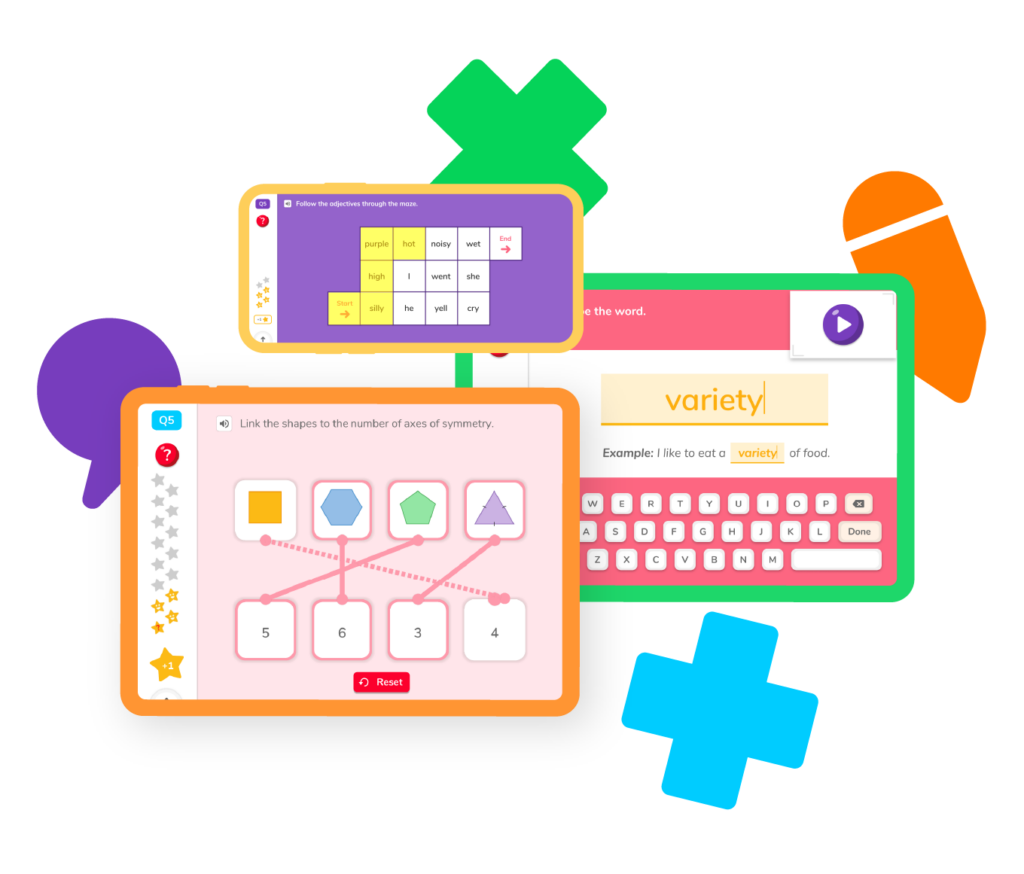When it comes to numbers, they’re everywhere! From the digits on your alarm clock to the change you get buying sweets, numbers are a big part of our day. They’re building blocks in maths, helping us understand and solve problems. Let’s dive in and learn more about the different types of numbers and how they work!

Numbers come in various types, each with its characteristics and rules. Understanding each type of number is essential for mastering maths. Let’s take a closer look at the different types of numbers and their properties.
Numbers are the foundation of essential maths skills and have a significant presence in our everyday routines. By understanding numbers, we can better grasp the maths that surrounds us.
Numbers are symbols or words we use to represent a specific quantity or order. They help us count, measure, and compare things. Learn more about numbers and find practice problems on our maths app.
Numbers come in various types, each with its own properties:
Numbers are everywhere! From telling the time to counting money, measuring ingredients for a recipe, or knowing our age, we constantly use numbers to make sense of the world around us.
By understanding numbers, not only can we better navigate these daily activities, but we can also find fun in the maths that pops up in our routines!
Numbers have been a part of human history for thousands of years and they weren’t exactly “invented” by one person. Different civilizations developed their own number systems independently. For instance, the Sumerians and Babylonians in Mesopotamia had one of the earliest known numbering systems. The numbers we use today, called Arabic numerals, have origins in India and were brought to Europe through Arabic scholars.
Numbers come in various types, each with its unique characteristics. Some of the main types include: odd and even numbers, prime numbers, composite numbers, whole numbers, irrational & rational numbers, and more!


Parents, sign up for a DoodleMaths subscription and see your child become a maths wizard!

Book a chat with our team
If you’d like to use Doodle’s browser version, please visit this page on a desktop.
To log in to Doodle on this device, you can do so through our apps. You can find out how to download them here: